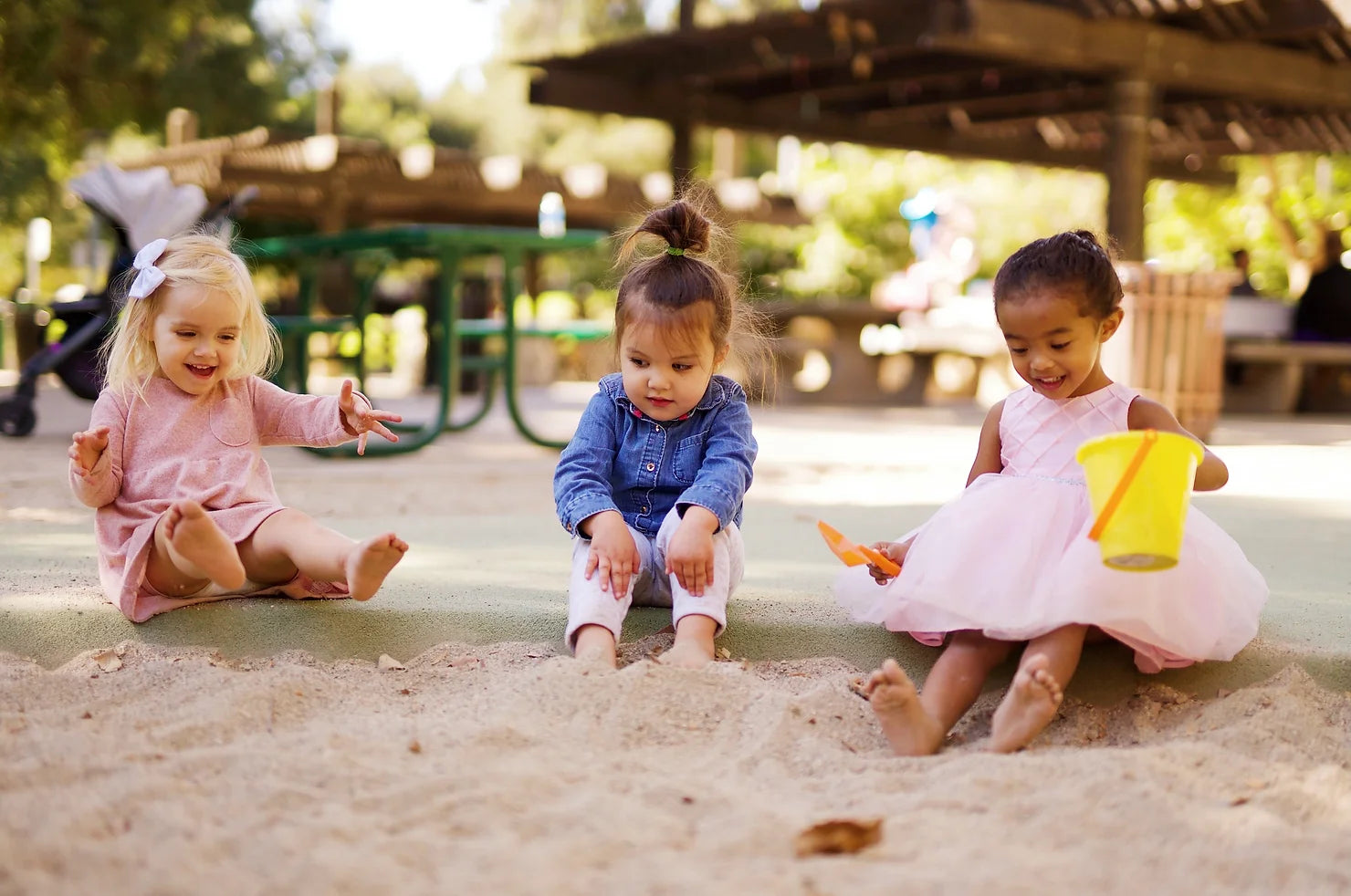Play is incredibly important to a child’s development. In fact, it’s so important that it’s been recognised by the United Nations Convention on the Rights of the Child as a right for every child around the world.

From language skills and creativity, to emotions and social skills, play allows young children to develop a wide range of skills. It helps them to understand the world and discover how their bodies work. Not only this, but it also provides the ideal opportunity for parents to engage and have fun with their children.
So, making time for play every day is essential.
Why is play important?
Play allows children to learn about themselves and the world around them. It helps develop their cognitive, physical, social, and emotional wellbeing, while helping them learn key skills they will need throughout their lives, including:
· Confidence
· Resilience
· Independence
· Curiosity
· Self esteem
From a very early age, children engage and interact with the world around them through play. It allows them to create and explore their own world, conquering their fears while practicing adult roles. As they master this world they have created, they develop new skills, increasing their confidence and boosting their resilience.
When children are deprived of the chance to play, their development can be significantly impaired.
What are the benefits of play?
Play offers countless benefits for children of all ages. It:
· Nurtures relationships
· Relieves stress and increases happiness
· Builds empathy, creativity, collaboration
· Encourages resilience
How does play help children’s development?
Play is one of the key ways in which children learn and develop. It allows them to use their creativity while developing their imagination, dexterity, and physical, cognitive, and emotional strength.
Cognitive development
Play promotes healthy cognitive development and critical thinking skills. It helps develop memory and an understanding of cause and effect, as well as helping children explore the world around them and their role within in it.
Physical development
Play also helps the physical development of children, particularly their fine and gross motor skills. It encourages movement, and supports balance and dexterity, and well as supporting the development of gross motor skills, such as stamina, flexibility, and body awareness.
Social development
Play is important for social development as it helps children to learn how to interact and engage with others. They can develop an understanding of social expectations and rules, while also sharing ideas, listening, and compromising.
Emotional development
Play helps children to understand and process their emotions.
Introducing sensory play mats into play
Sensory play mats are a great way to support child development through play.

Designed to replicate the textures of the natural world, Happy Feet Play Mats give children the stimulation they need to develop healthy, strong muscles and joints. They can also help improve cognitive development and concentration – and they’re lots of fun too!
Get in touch with our team today to learn more about how sensory play mats can aid your child’s development. Drop us an email at hello@happyfeetplaymats.co.uk today or take a look at our full range of sensory play mats here.

